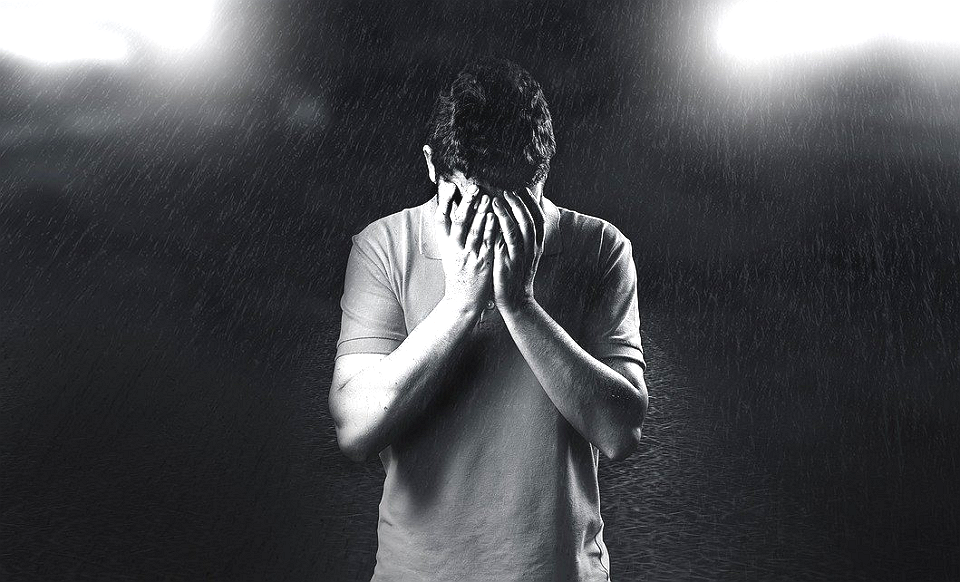Family members are the primary source of help for people with mental illness in case of a mental emergency, with only 22.3 percent going to a doctor.
The Ministry of Health and Welfare released the results of the “Survey on expanding support services for people with mental illness and their families” on Thursday, which examined the living conditions of people with mental illness and their families, their experiences in using welfare services, and their service needs.

The survey was conducted for about eight months, from September 2023 to April 2024, to identify the services needed by people with mental illnesses to settle in the community and recover stably. The survey is significant because it is the first such poll to examine the care experiences of people with mental illnesses and their families and the services they need.
The survey involved 1,078 people with mental illness living in the community and 995 family members of people with mental illness. It was conducted through mail and online queries.
The main findings showed that people with mental illness are exposed to discrimination and violence, as well as poor mental and physical health care.
More specifically, 76.7 percent of mentally ill people were hospitalized in a psychiatric hospital, 64.3 percent sought help from family or relatives in a mental emergency, and 22.3 percent sought help from a doctor they knew.
Also, 77.1 percent of respondents said they would think alone as a way to cope with suicidal thoughts, indicating the need to strengthen institutional support.
In addition, 18.1 percent did not go to the hospital even if they were sick. Fear and anxiety accounted for 32.8 percent of the reasons, and lack of money for hospitalization accounted for 30.3 percent.
Besides, 69.6 percent of people with mental illness believe that they can live in the community, but 60.1 percent have experienced discrimination, and 31.9 percent have experienced harassment or violence from family members or others, which hinders their ability to live in the community.
In the survey of family members of people with mental illness, 61.7 percent of respondents reported a high burden of care for their loved ones and 57.5 percent experienced violence from patients.
In the past year, 20.5 percent of respondents had suicidal thoughts. Slightly more than half, or 51.0 percent, said that the leading cause of suicidal thoughts was the burden of raising, supporting, and caring for a mentally ill person.
“Based on this survey, we will continue to strengthen the mental emergency response system by, for instance, operating a crisis intervention team to help families and the mentally ill quickly and launching a residential support service for the mentally ill to help them live independently in the community from 2025,” said Lee Hyung-hoon, a mental health policy officer at the Ministry of Health and Welfare.

